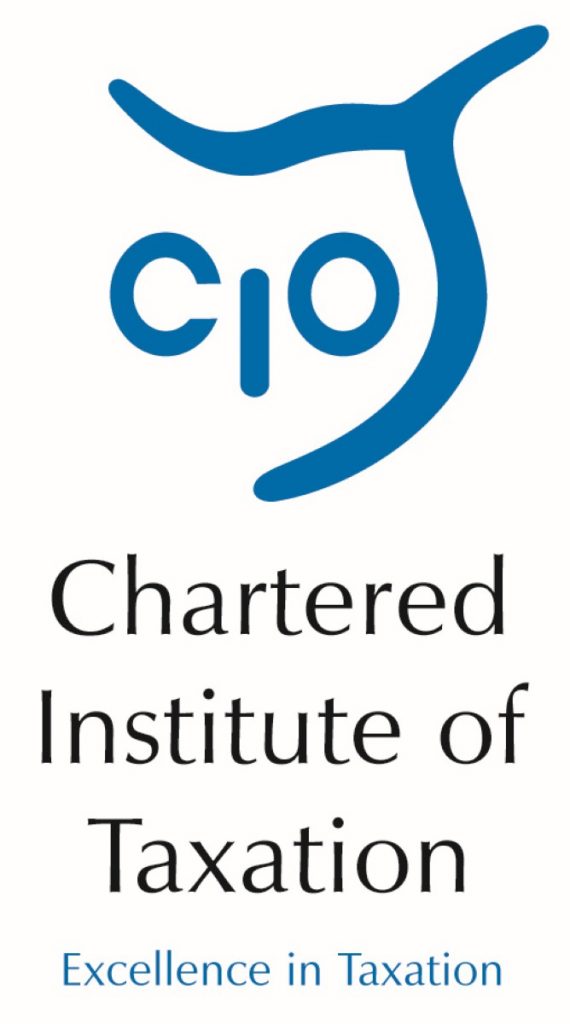The Chartered Institute of Taxation (CIOT) has welcomed the Government’s decision to remove a majority of the Finance Bill following discussions with the Opposition. The Institute has called for the Government to make a clear statement about whether (if re-elected) all of the clauses dropped will be reintroduced on the original timetable.
During today's Finance Bill committee stage debate the Government deleted 72 out of 135 clauses and 18 out of 29 schedules. The residual Bill has been estimated to be roughly 140 pages in length compared to the current 762 pages, a reduction of more than 80 per cent by volume.
This is in line with a call by CIOT in a letter to the Chancellor (see press statement), copied to the Shadow Chancellor, sent on Wednesday last week, in which CIOT President Bill Dodwell warned of the risks of rushing through a large number of tax changes without any real parliamentary scrutiny.
Clauses dropped include those on Making Tax Digital, corporate loss relief and interest deductibility, VAT in relation to fulfilment houses and penalties for enablers of defeated tax avoidance schemes. It is likely that most if not all of the provisions dropped will return in a Bill after the election, regardless of who wins the election.
Committee stage debate was limited to just four hours early afternoon today, though it lasted only half of this time. The Bill concluded its Commons stages at roughly 3.40pm today.
CIOT President Bill Dodwell commented:
“This is a sensible, pragmatic approach from the Government and Opposition. Agreeing to leave most of the complex and controversial clauses in the Finance Bill until a post-election Finance Bill where they can be scrutinised at greater length.
“As we said in our letter to the Chancellor, this is not simply about the formality of parliamentary debate. Since the Finance Bill was published last month, we have identified a number of changes that we believe are needed to the legislation on areas including in complicated areas such as loss relief and interest deductibility. Delaying this legislation until the summer will hopefully allow time for our concerns to be looked at and taken on board by government.
“We particularly hope that the delay in legislating for Making Tax Digital will enable more of the framework for this huge project to be put in statute, rather than brought in through regulations, which are subject to less scrutiny and unamendable.”
However CIOT has flagged up that the Government’s move will cause uncertainty for some groups. Bill Dodwell continued:
“While dropping a majority of the clauses from the current Bill will be good for scrutiny and the quality of legislation, it will inevitably lead to a degree of uncertainty among those affected. The Financial Secretary’s statement today that, if re-elected, they will legislate ‘at the earliest opportunity’ for the clauses dropped is helpful in this regard. It would be even more helpful if they could clarify whether they intend the original timings (with many measures in effect from the start of April 2017) to apply to all the clauses dropped or whether some will have their introduction delayed until a later point.”
The CIOT is hopeful that this will be the last time the Finance Bill is subject to being rushed through in the run up to an election. Bill Dodwell explained:
“If the original Bill was the weight of a family sized turkey1 the Act which gains Royal Assent later this week will be more of a ‘turkey crown for one’ portion. However going through 140 pages of legislation in barely two hours is still less than ideal.
“Hopefully this will be the last time there is a need for such a compacted process. From this autumn the move to holding a single fiscal event (Budget) in the autumn will lead to a Finance Bill introduced in December and passed in the spring. The act of calling an election in March or April (the usual practice) should affect the passage of future Finance Bills little if at all.
“This move will be a further improvement in the level of consultation and scrutiny on tax issues by the Government. Our recent report, with the Institute for Government and the Institute for Fiscal Studies, on Tax Policy Making included a range of recommendations in this area. We welcome the Government’s – and the Opposition’s – sensible and constructive approach on these matters.”
Notes for editors
1. The initial Finance Bill (762 pages) and its 448 pages of accompanying Explanatory Notes together weigh c 3kg. By comparison the BBC recommends a turkey of 2-2.5kg to feed a family of 4-6.
2. The clauses and schedules dropped and kept are listed here.
3. The Chartered Institute of Taxation (CIOT)
The CIOT is the leading professional body in the United Kingdom concerned solely with taxation. The CIOT is an educational charity, promoting education and study of the administration and practice of taxation. One of our key aims is to work for a better, more efficient, tax system for all affected by it – taxpayers, their advisers and the authorities. The CIOT’s work covers all aspects of taxation, including direct and indirect taxes and duties. Through our Low Incomes Tax Reform Group (LITRG), the CIOT has a particular focus on improving the tax system, including tax credits and benefits, for the unrepresented taxpayer.
The CIOT draws on our members’ experience in private practice, commerce and industry, government and academia to improve tax administration and propose and explain how tax policy objectives can most effectively be achieved. We also link to, and draw on, similar leading professional tax bodies in other countries. The CIOT’s comments and recommendations on tax issues are made in line with our charitable objectives: we are politically neutral in our work.
The CIOT’s 18,000 members have the practising title of ‘Chartered Tax Adviser’ and the designatory letters ‘CTA’, to represent the leading tax qualification.
Contact – George Crozier on 020 7340 0569 or 07740 477374 (email gcrozier@ciot.org.uk)





-01.png)